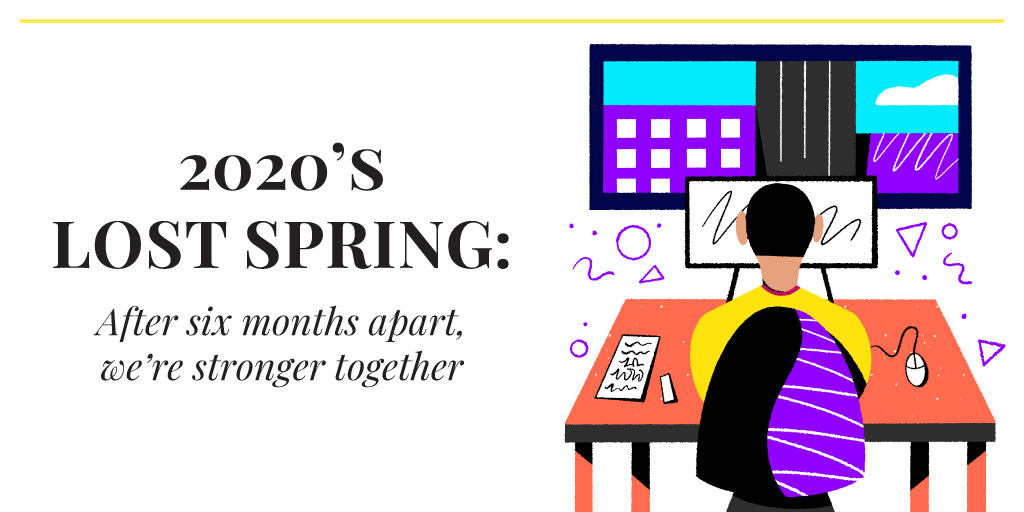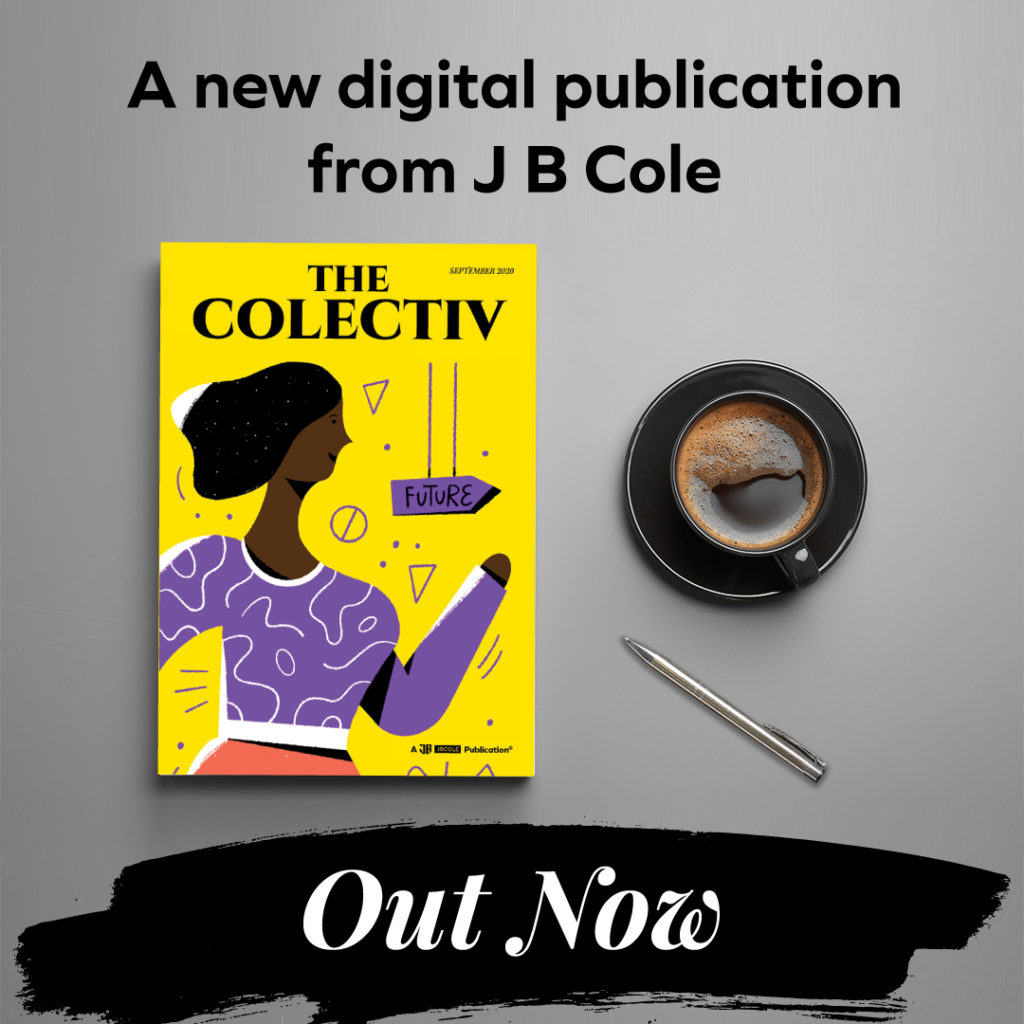
On 23rd March 2020 life as we know it changed. While both remote working and self-isolation had become a reality for many people up and down the country, the Prime Minister delivered the inevitable news. Lockdown.
It kick-started a period of unprecedented uncertainty.
Consumer behaviour was volatile and toilet paper was gold dust. Questions were being asked about herd immunity, and thousands of people had legitimate fears for their own safety and that of their loved ones.
And the big question was, ‘what now?’. While the stay at home rules were clear, the prospect of how businesses and individuals were set to navigate this new normal was decidedly murky.
As lockdown has gradually lifted, for many it still is.
Community collaboration
This isn’t the forum to analyse government response to the pandemic, but what has been clear is the community response. Many business leaders who were staring at months of closed premises turned to altruism.
Managing Director of Manchester’s Warehouse Project and Parklife Festival, Sacha Lord, is a prime example. Using his position of influence as the city’s Night Time Economy Adviser and through the United We Stream platform, £477,000 was raised with all funds going to Manchester’s hospitality industry.
Jaguar Land Rover used its Warwickshire site to create up to 1300 protective visors a day using 3D printing and comedian Jason Manford swapped the stage for an Iceland delivery van. Hats off also to Marcus Rashford for his incredible efforts.
And this is just a very small part of the story.
It wasn’t just people of influence who were making the difference, either. Community WhatsApp groups were set up to look after the most vulnerable and the NHS was flooded with food and drink donations from people from all walks of life.
As a country we showed what could be achieved when we work together. If there’s one benefit we can take from lockdown, it has to be this.
A collective personal experience
Lockdown is a strange phenomenon. Everyone in the country, and over a billion people around the world, were going through roughly the same thing. Yet it is such a personal experience for us all. I can only speak about my own situation.
One key learning from my perspective involved the change of pace of the initial weeks of lockdown. Everything felt chaotic with the worlds of work and home overlapping. For us at Bolland & Co, the pressure was on from clients. I think it really showed how quickly things can be achieved when deadlines are tight and the traditional rules of business are slightly skewed.
For me personally, I had to develop new ways of coping and ensuring I kept things in perspective. These included:
- Exercising twice a day
- Always making sure I took a lunch break with the kids every day without fail
- Walking the dog to clear my head and problem solve
- Being open and honest with clients – it was essential to understand the different pressures everyone was facing
- Speaking to clients about non-work things – we’re all people after all
Many of these things I’ll continue to do, and I’m willing to change the way I work to fit them in. I know I’m not the only one.
Creating a culture of togetherness
But it hasn’t all been positive.
Recent data has shown that more than half of UK workers felt more anxious or stressed while working from home during lockdown. According to the Mental Health Foundation, one in four UK adults said they had feelings of loneliness during lockdown, compared to just one in ten before lockdown. This was also very prevalent amongst 18-24 year-olds with 44% experiencing loneliness. Add the difficulty of work being home and home being work, these are unique stresses.
So how are business leaders and employers responding? At Bolland & Co, we’ve settled into a new routine of working from home, but we’ve always stayed connected, whether through daily calls, Friday quizzes and ongoing Slack communication.
But just like all businesses right now, just providing the tools and technology for remote work isn’t necessarily enough. Company culture needs to transcend to the remote working environment too. The question is. How?
We’ve seen the flexible working pledges made by Twitter, Facebook and Slack and you can bet they’ll get the culture bit right too. They have the resources. But it’s something that every business needs to make a priority. Consider training, HR support, personal development as a good place to start.
Flexible working has always been a core part of our business model. We normally do a couple of days in the office every week, but we’ve had to tailor our approach. Just as all businesses have.
Daily face-to-face video calls for the entire team has become the routine. As have weekly one-to-ones and regular check-ins. It of course needs some refinement, but it’s no doubt a start.
Just as it has in our communities, this notion of togetherness is essential for remote and socially distanced workplaces. What it looks like will depend on the needs of every business.
The future in unprecedented times
Undoubtedly, unprecedented, has been an overused word, but it is apt. In terms of the response needed and the long-term recovery.
Covid-19 has created an unprecedented time of digital transformation. History will look back on this time as one when digital change suddenly accelerated to lay the groundwork for the new world.
At Bolland & Co, technology has been central to the changes to our own working environment and we’ve also assisted our clients with digital change in these difficult times. We’ve ensured wedding dress fittings can be carried out online, enhanced the online property viewing process, and aided personal financial forecasting.
Yet while more and more businesses are facing key digital technology decisions right now, the importance of their team and the need for community and collaboration has never been more pressing.
When these co-exist, the right business changes can be made and the best response to unprecedented times can be found.

For more insights and articles about our community and digital business, check out the first issue of The Colectiv, our new digital publication.